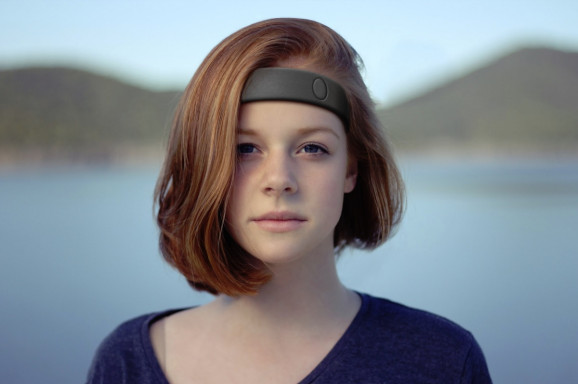Learn about brain health and nootropics to boost brain function
Humm’s headset turns your brain into overdrive for better gaming


Humm has a headset that can make you smarter, at least temporarily, by stimulating the part of your brain that is responsible for learning and memory. This “biohacking” can help you play games or esports better, or otherwise simply improve your cognitive performance.
Berkeley, California-based Humm has created a headband that uses electrical stimulation to deliver electrical signals to your frontal cortex. No, it’s not a frontal lobotomy. The team at Humm thinks of it more as biohacking, or helping you get a cognitive edge through technology. This is just the sort of thing that I could use to become an esports athlete.
You can wear the Humm Edge headset and press a button, which activates the electrical brain stimulation. Humm CEO Iain McIntyre said in an interview with GamesBeat that you can directly improve cognitive performance simply by wearing the device while you work, with no additional meditation or special diets.
“We target the part of the brain with electricity to help concentration and learn new skills,” McIntyre said. “We use a targeted current to make a small boost to certain brainwaves.”
The technology is based on a new form of non-invasive brain stimulation, a field with more than 20 years of clinical research and a strong track record for safety. Previously it has been used to treat such conditions as depression and insomnia, but recently it has been found to provide cognitive benefits too.
Humm’s device creates small electrical signals that amplify brainwave patterns, and it is similar to technology used by the U.S. military, Olympic athletes and leading labs such as the University of California San Francisco (UCSF) and Harvard.
Users wear the headband-like headset for 15 minutes prior to a learning or work session and immediately get a brainpower boost that lasts for at least an hour.
McIntyre believes that Humm’s technology represents a significant step forward, allowing the user to directly improve the performance of the brain in a highly targeted way, without the side effects of popular alternatives like caffeine or nootropics.
Humm has been giving students, professionals and biohackers located in the San Francisco Bay Area early opportunities to try the technology, and the startup already has 100 customers for its early access program.

Users’ results indicate working memory has improved dramatically, McIntyre said. Humm has conducted its own clinical trial at an Australian university and is also commissioning further third party studies in the U.S. next year.
Edge features two primers on the front of the headset which apply a barely perceptible transcranial alternating current stimulation (tACS) to the front of a user’s head. Research has shown that during a boosting session, many neurons in the prefrontal cortex adjust their electrical patterns to match the signal from the primers.
This amplifies the brainwave patterns responsible for improved information processing and working memory, so users attain peak mental performance. Not only does the headset help boost brainpower, it
provides alerts and suggestions by tracking a user’s cognitive state and reports on their focus, fatigue and stress over time. The headset is expected to launch for the public for $500 in late 2019.
Humm is going through the UC Berkeley SkyDeck accelerator program.
McIntyre and cofounders Tim Fiori, Ahmud Auleear, and Chris Norman started the company in Perth, Australia, and then they moved to Berkeley, California, to work with the accelerator and with researchers at UCSF. Fiori is a doctor who took an interest in the tech used to treat spinal cord injury patients.
“A lot of that tech never left the labs, but we went to work to try to improve other people’s lives too,” Fiori said in an interview. “We started testing it with gaming a year ago, with esports gamers. We saw that we get 12 percent to 20 percent better results. It doesn’t make you superhuman instantly. It’s a strategy, like meditation and other things you can do to boost performance.”
The company has about 17 full-time and part-time employees.
Click here to view full article